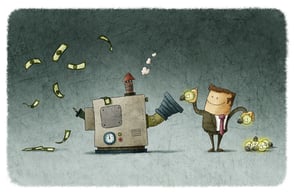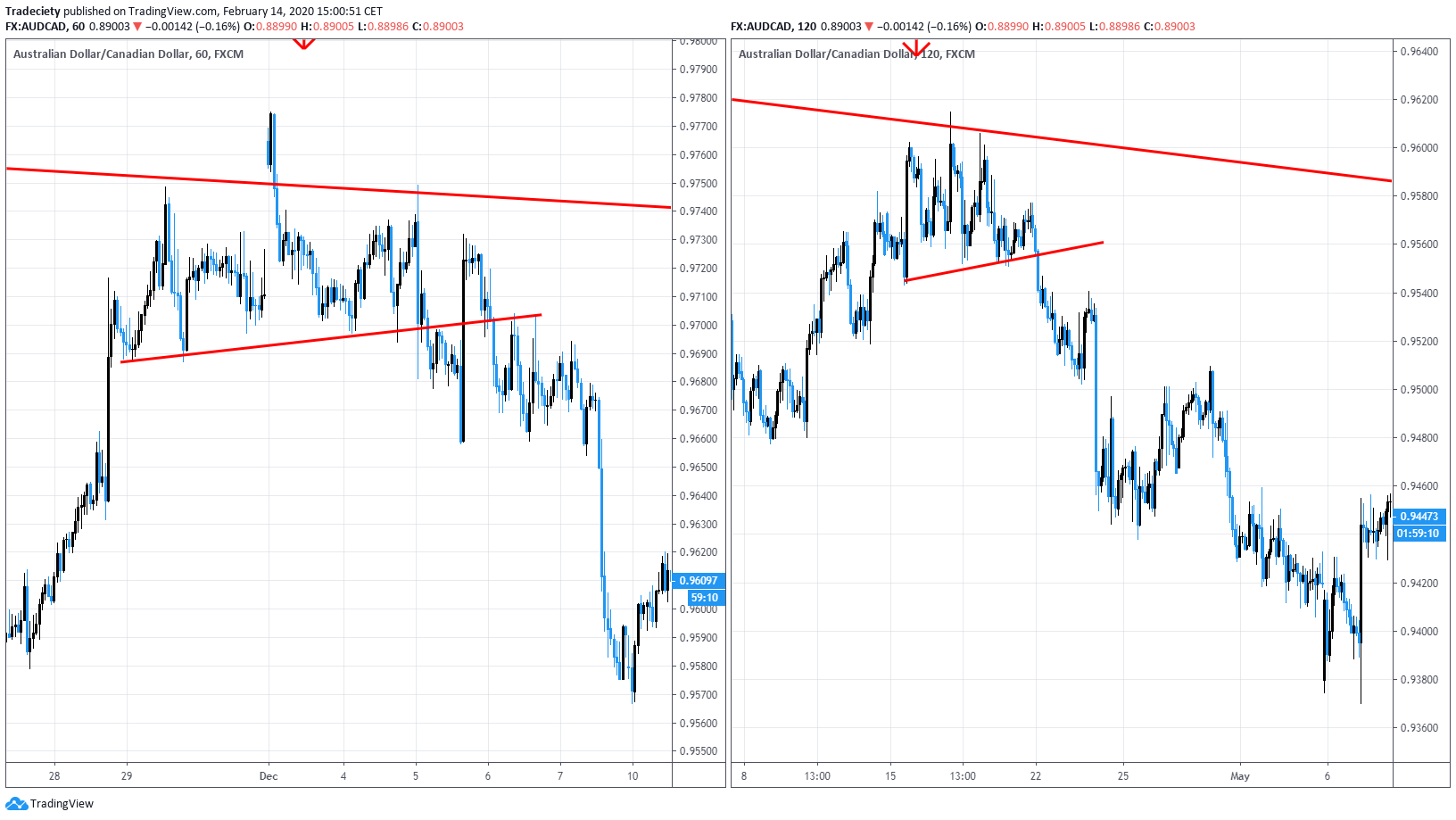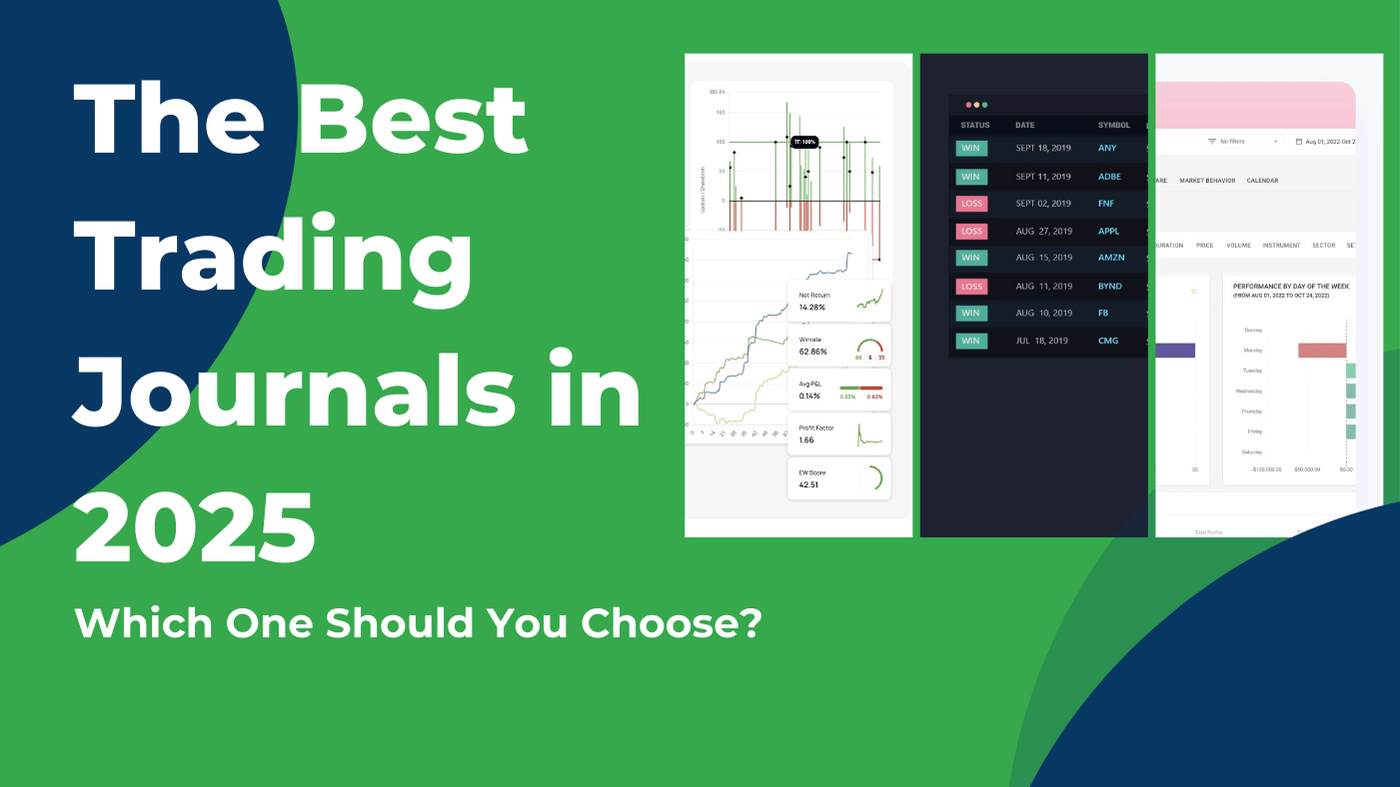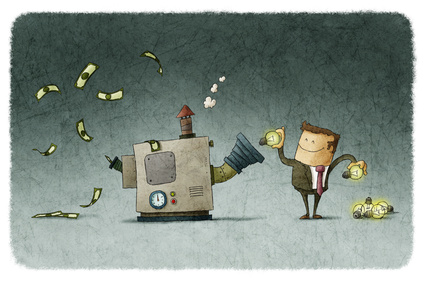3 min read
Scientist Discovered Why Most Traders Lose Money – 24 Surprising Statistics
“95% of all traders fail” is the most commonly used trading related statistic around the internet. But no research paper exists that proves this...

I have read dozens of trading and trading related books (my recommended reading list is here) over the years and I have extracted a huge collection of trading quotes with tips and advice I use in my daily trading. Listening to what the most successful people have to say, adopting ideas that helped them overcome their greatest struggles and following their advice can be of great value. At least for me I can say that following the best traders and incorporating their ideas into my own trading made a huge difference. This is why I am going to share with you the greatest tips, help you understand their meanings and how to use it in your own trading.
It is obvious that in every trading book, dealing with losses and risk management always comes first. It doesn’t matter which trader you listen to, every top trader puts great focus on the importance of losing efficiently and having a good risk management approach in place.
The common denominator among all those quotes is that cutting losses fast and moving on the next trade is essential. Don’t dwell over lost trades; a single trade is absolutely meaningless for your overall career as a trader, but most traders let losers get out of hand and they allow a single losing trade to have a significant impact on their account balance. Furthermore, honor your stop and always place it at a level where it indicates that your trade idea was wrong, not just based on money-related objectives or to achieve a certain reward:risk ratio.
Emotional stability and discipline is the foundation upon which a trader has to build his trading methodology. Without the ability to control emotions and the impulsive trading decisions emotions cause, the best trading system and the best thought-out risk management approach are useless. As we like to say, you are the weakest link in your trading system.
These quote highlight the fact that, before you get into the nitty-gritty of your trading system and try to tweak your stop loss or take profit placement, you have to work on your discipline.
The reason why you are not seeing the results you want to have is not because you are using a wrong indicator or a bad setting, but most likely because you are not the master of your trading emotions.
Trading is a performance game and only the best will make it to the top and stay there. Professional traders work very hard and are often obsessed with trading, whereas the average amateur trader reduces their trading time to flipping through time-frames to hunt trades or read through forums trying to find a better system. Professionals understand that they have put in the work and that the learning never ends.
Use this moment to look at your own trading and ask yourself:
Are you doing everything you can? Do you put in the work that you should? Do you constantly work on your trading skills and review your trades to build your edge? Or do you just play around and are one of those system-hopping traders who can’t let go of the illusion that someday they will just stumble over the Holy Grail trading system that just works all the time?
Here, I gathered trading quotes of different areas and also with a few practical tips.
Marty Schwartz who has made millions of Dollars still uses a physical trade checklist to control his trading and to avoid making mistakes. If one of the best traders in the history does not trade without a checklist, why should you?
A system is not something that you purchase from a website and then just follow the instructions. A trading system is a complex structure and it has to be tailored to your personal strength, weaknesses and your mindset.
Although Ed Seykota refers to quoting machines, it can be easily translated to today’s world. Traders constantly watch their floating account balance and P&L. They babysit their trades and watch every tick of the move. This inevitably leads to impulsive decisions and trade mismanagement. Get away from your charts and let the markets do what they want.
Livermore highlights the importance of patience and just waiting; waiting for the right setup and the right time to enter the market, waiting for the right time to do something about your trade and being patient about trade exits. People always feel that they ‘have to do something’ and so move around stop loss and take profit orders and constantly micro-manage their trades.
The dynamic nature of reward:risk ratio is totally misunderstood and often even completely neglected. The reward:risk ratio of your trade constantly changes which brings many questions. We talked about the dynamic reward:risk ratio in this video here.
Conclusion: Learn from the best
You will not be able to reach out to Paul Tudor Jones or Marty Schwartz and let them teach you how to trade, but you don’t have to either. There are so many resources and great books out there, in which the most successful traders share their journeys, their struggles and how they overcame it. I urge you to take the chance and start mirroring what the professionals do. If you want to get started, I highly recommend the complete Market Wizards series to kick-start your trading!

3 min read
“95% of all traders fail” is the most commonly used trading related statistic around the internet. But no research paper exists that proves this...

3 min read
Trendlines can be great trading tools if used correctly and in this post, I am going to share three powerful trendline strategies with you.

3 min read
Choosing the right trading journal is essential for traders wanting to analyze performance, refine strategies, and improve consistency. In this...
